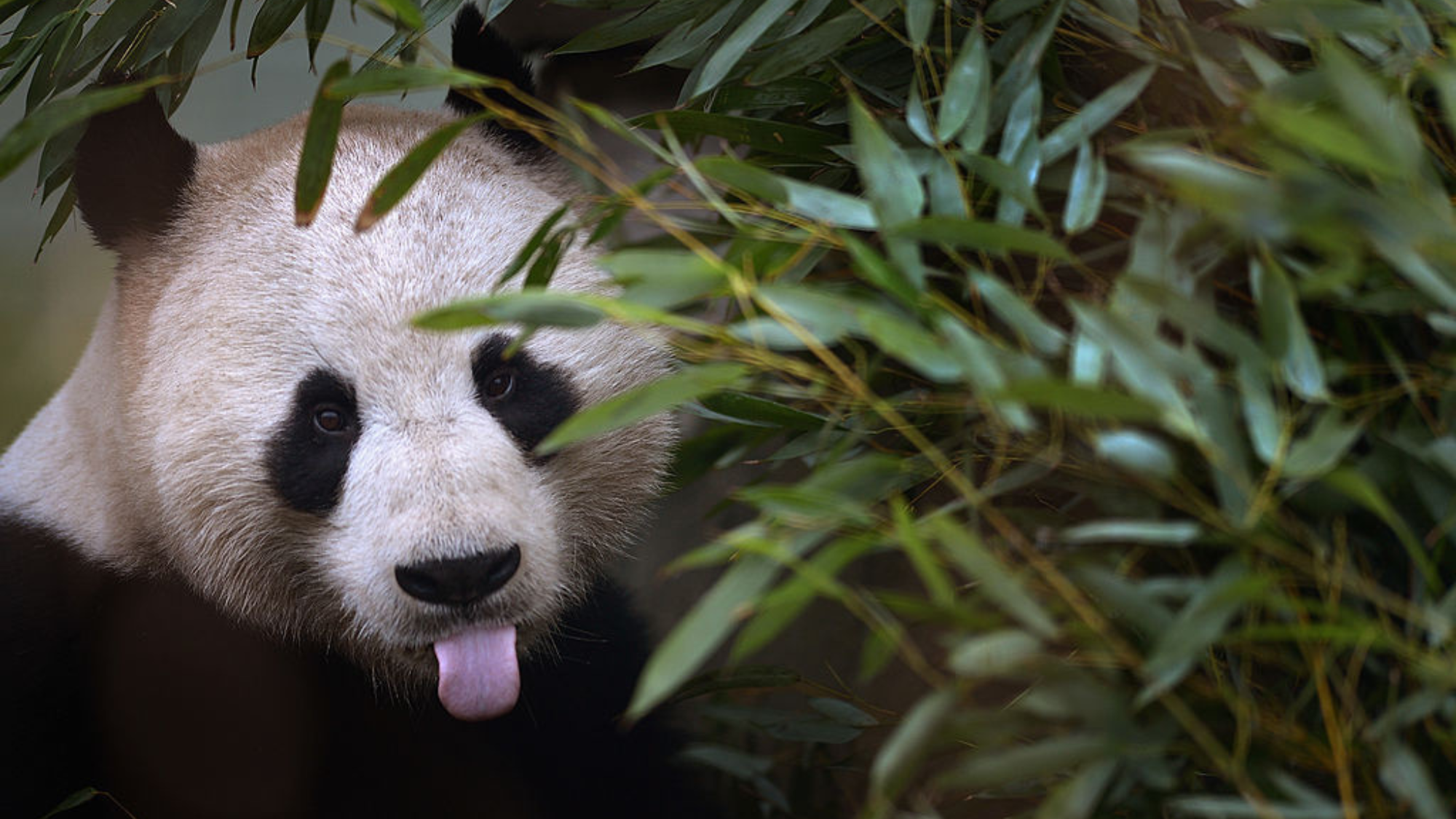Scotland bids farewell to giant pandas
Animals soon to begin journey back to China as loan agreement comes to an end

A free daily email with the biggest news stories of the day – and the best features from TheWeek.com
You are now subscribed
Your newsletter sign-up was successful
Visitors to Edinburgh Zoo are saying goodbye to two giant pandas today, as zookeepers begin to prepare the animals for their return to China.
Tian Tian and Yang Guang's arrival in Scotland in 2011 "was a huge moment that made headlines all over the world", said The National. "Flag-waving crowds lined the streets as police escorted lorries" transporting the animals through the city, said The Times.
"Scots came out in their droves to see the pair," with the zoo's ticket sales almost doubling in the following 12 months as a result, said The National. But the 10-year loan agreement – which was extended during the pandemic – has now come to an end.
The Week
Escape your echo chamber. Get the facts behind the news, plus analysis from multiple perspectives.

Sign up for The Week's Free Newsletters
From our morning news briefing to a weekly Good News Newsletter, get the best of The Week delivered directly to your inbox.
From our morning news briefing to a weekly Good News Newsletter, get the best of The Week delivered directly to your inbox.
"In an era of less fraught international relations," China first began loaning pandas to countries in 1941 as a "diplomatic gesture", said The Times. Now, "against a backdrop of souring relations between China and the West", there are concerns that the animals "will soon disappear from zoos in the West".
The zoo has run a "Giant Goodbye" programme for the last year, inviting visitors to attend talks and "panda breakfasts" ahead of the pair's departure, said The National.
The exact details of the pandas' travel arrangements are not being disclosed, "for security and safety reasons", said the BBC. They will be travelling with zookeeper Michael Livingstone, who has looked after Tian Tian and Yang Guang "since day one".
"I think it'll be a sad day. I am very happy to be going with them and feel lucky so it's quite nice I get to end that with them," he told the broadcaster.
A free daily email with the biggest news stories of the day – and the best features from TheWeek.com
"Despite many attempts", including the use of artificial insemination, the pair did not manage to reproduce. But Livingstone told The Times there is "still hope" that Tian Tian could conceive once she returns to China. "She is not too old and maybe it will help just being in a different setting."
Julia O'Driscoll is the engagement editor. She covers UK and world news, as well as writing lifestyle and travel features. She regularly appears on “The Week Unwrapped” podcast, and hosted The Week's short-form documentary podcast, “The Overview”. Julia was previously the content and social media editor at sustainability consultancy Eco-Age, where she interviewed prominent voices in sustainable fashion and climate movements. She has a master's in liberal arts from Bristol University, and spent a year studying at Charles University in Prague.